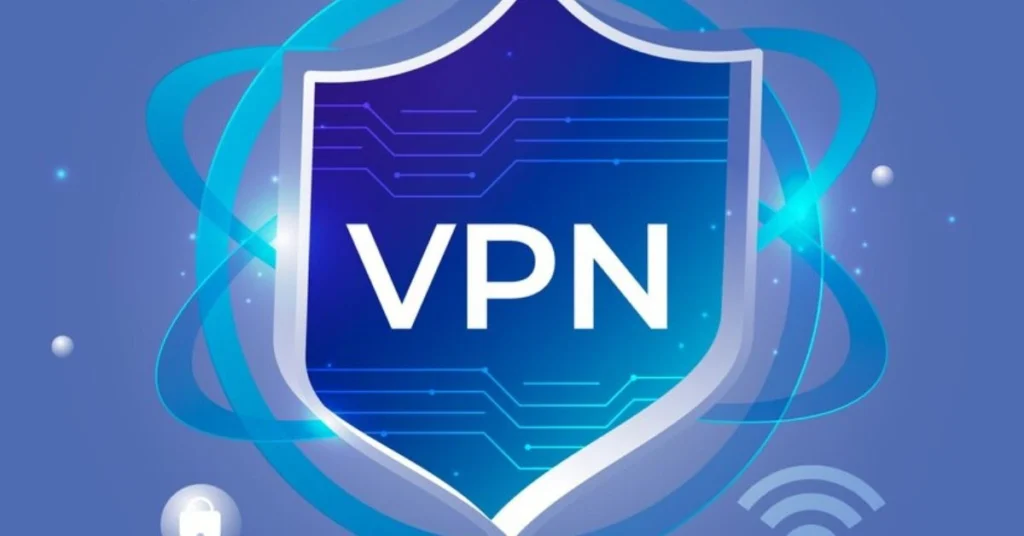In the digital age, most enterprises prioritize securing communications and protecting sensitive data from potential cyber threats. Virtual Private Networks (VPNs) are pivotal in providing such security. They create private networks over public internet connections, ensuring confidentiality and security. Companies adjusting to the culture of remote and hybrid work settings will find the SSL VPN the best option among the several VPN technologies available due to its sophisticated encryption capabilities and easy-to-use interface.
While traditional VPNs often involve complex configurations and may present usability challenges, SSL VPNs utilize the Secure Sockets Layer protocol to create encrypted channels where data can be transmitted securely. This encryption protects data integrity and simplifies user access, balancing robust security and convenience. This dual focus is essential for organizations aiming to modernize their operations without compromising security standards.
Contents
How SSL VPNs Enhance Security
The foundation of SSL VPN technology is its reliance on SSL encryption, which actively secures data by scrambling it during transmission, making it unreadable to unauthorized entities. SSL VPNs offer a crucial line of defense against cyber threats, which are becoming more sophisticated daily.
Furthermore, SSL VPNs often support clientless access, allowing users to access secure resources directly through a web browser without needing dedicated client software. This approach reduces potential vulnerabilities associated with manually updating or misconfiguring client software and ensures compatibility with various devices and operating systems, enhancing overall security and accessibility for global enterprises.
Simplifying Remote Access
Offering seamless remote access has become a critical component for modern businesses. It facilitates effective collaboration and maintains productivity regardless of physical location. SSL VPNs excel in this domain by providing straightforward yet secure connections to corporate networks. This functionality allows employees to access necessary files, applications, and databases with the same ease as they would within the confines of the office environment.
This is particularly beneficial for industries like healthcare and finance, which handle sensitive data and require stringent compliance with regulations such as HIPAA and GDPR. With SSL VPNs, healthcare professionals can securely access patient records and medical databases from any location, thus ensuring patient confidentiality and data integrity. Similarly, financial analysts and advisors can perform detailed analyses and make informed decisions without worrying about potential data breaches. This capability ensures continuity and operational efficiency, even when employees work remotely or under exceptional circumstances.
Cost-Effectiveness and Operational Efficiency
Integrating SSL VPN technology is advantageous from a security standpoint and offers notable financial incentives. SSL VPNs avoid the large hardware expenditures that are frequently required with other VPN technologies by utilizing the existing internet infrastructure. Because of the decreased reliance on hardware, SSL VPNs are a desirable choice for enterprises on a tight budget, resulting in lower initial and continuing maintenance costs.
SSL VPNs reduce costs and improve operational effectiveness. By reducing the time and effort needed from IT staff for maintenance duties, these resources can be reallocated to important strategic initiatives that spur company expansion and innovation. This reallocation of effort and capital ensures that enterprises can channel their resources more effectively, focusing on enhancing competitive positioning and achieving long-term strategic objectives within the market.
Real-Life Examples of SSL VPN Implementations
Various organizations have successfully integrated SSL VPNs into their IT frameworks, reporting significant security and operational resilience improvements. During the turbulence of the COVID-19 pandemic, for example, a leading retail company adopted SSL VPNs to sustain secure communications and ensure uninterrupted operation across its widespread workforce. This strategic initiative protected sensitive customer and business data from breaches and maintained daily operational activities without disruption.
Educational institutions harnessed SSL VPNs to support the transition to remote learning environments, providing students with secure access to academic resources and virtual classrooms. This application has been instrumental in preserving the quality of education and maintaining student engagement, even as learning contexts evolved rapidly. These examples underscore the broad applicability and critical importance of SSL VPNs across diverse sectors, where secure remote access is vital to success.
Addressing Common Concerns
While SSL VPNs bring numerous advantages, specific concerns may deter some potential users, particularly concerning performance degradation due to encryption overhead. However, these issues can be expertly managed through meticulous configuration and ongoing optimization, ensuring that SSL VPN deployments do not compromise user experience or operational performance.
Organizations are advised to conduct comprehensive needs assessments and implement pilot testing to ensure the chosen SSL VPN solution aligns optimally with their operational demands. By addressing these concerns proactively, businesses can maximize the benefits of SSL VPN technologies while minimizing any perceived drawbacks, fostering enhanced security and adaptability.
Future Trends in VPN Technology
The landscape of VPN technology is characterized by rapid advancement, driven by the constant need for more secure and robust solutions. Emerging trends in this domain include AI-driven security measures and deeper integration with cloud services, both of which are set to expand the capabilities of SSL VPNs, enabling even more agile and scalable enterprise solutions.
Amid the ever-growing reliance on remote work, the demand for secure data access continues to fuel innovation, with new developments poised to redefine how VPNs function and interact with business processes. Companies that remain informed about these emerging trends in VPN technology will be better positioned to leverage cutting-edge tools and maintain a competitive edge in an increasingly digital world.
Conclusion
In conclusion, adopting SSL VPNs is a strategic move for enterprises seeking to bolster their security frameworks while enabling flexible remote work capabilities. These solutions provide a scalable and cost-effective option that ensures businesses remain agile and secure amid today’s dynamic digital environment. By investing in SSL VPN technologies, organizations can not only enhance their security measures and protect sensitive data but also continue to thrive and adapt in a world where interconnectedness and remote work are becoming the norm.

